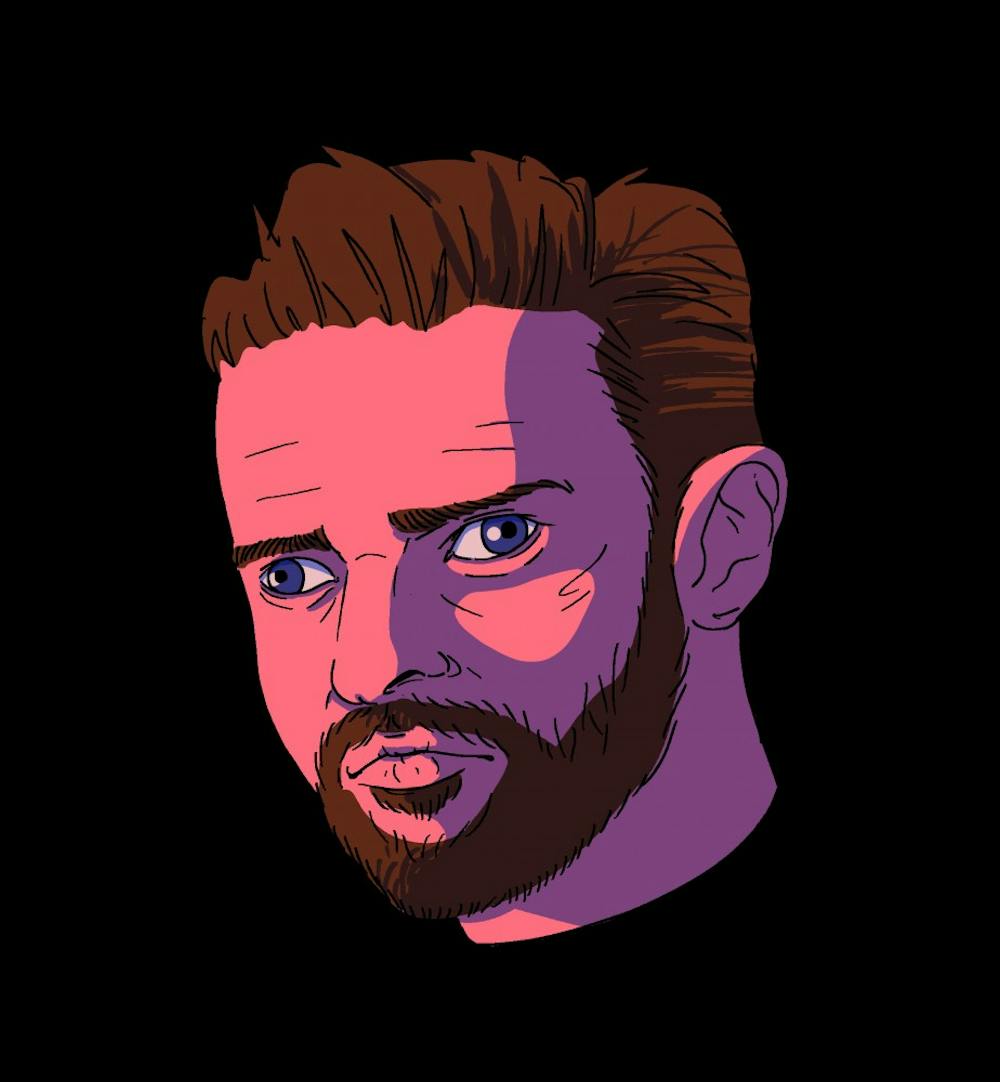The painfully obvious has now become at long last official.
In the wake of what is being called a “watershed moment” in the entertainment industry, some of the most notable and powerful names have declared that the clock has run out on sexual harassment, sexual assault, and gender inequality in the workplace. Hundreds (literally!) of femme actresses, entertainment execs, and other media icons signed the original letter of solidarity declaring the Times Up movement’s official motives and goals for women across the country regardless of industry, professional position, or privilege. Of the 300 original signatures, musicians made up a significant portion of those who put their pens to the paper—including Christina Perri, Courtney Love, Mariah Carey, Jennifer Lopez, Janelle Monáe, Taylor Swift, and Zoë Kravitz.
Addressed “Dear Sisters,” the letter details the potential change, accountability, and consequences the group intends to enact based on its unparalleled access and influence over the media. “We … recognize our privilege and the fact that we have access to enormous platforms to amplify our voices,” the letter reads. “Both of which have drawn and driven widespread attention to the existence of this problem in our industry and that farmworker women and countless individuals employed in other industries have not been afforded.” This is in reference to the coalition of female agriculture workers who inspired the celebs to use their status to form a professional coalition within Hollywood itself.
But it is not just the original signers that are making a difference in and beyond the official movement. The Nashville–based and all–female songwriting collective Song Suffragettes wrote, recorded, and filmed a song and music video called “Time’s Up” in support of all that is being done to combat injustice in the music industry. All proceeds from video and album sales will benefit the Time’s Up’s legal defense fund. Song co–writers Kalie Shorr and Lacy Green don’t pussyfoot around with their lyrics condemning the asymmetrical balance of power faced by women all over the world—after all, sexual misconduct and gender–based injustice doesn’t just happen in Hollywood.
The co–writers sing, accompanied by over twenty other fellow country singers: They say good things come to those who wait, but we've waited long enough / Our time is here, our time is now, our time is come.
Alyssa Milano, an actress, activist, producer, and former singer, notably asked her twitter followers to tweet “#MeToo” if they had ever experienced sexual harassment after the hashtag went viral in early October (however, the phrase was coined on MySpace in 2006 by social activist Tarana Burke long before the Weinstein scandal was in the news). After receiving countless heartbreaking accounts and testimonials from her fans and other countless women around the globe, Milano decided that it would be impossible for her to not do something more than just raise awareness. So, when Time’s Up’s organizers contacted her following her initial post, Milano decided to focus on working with the lawyers and execs within the movement on writing and changing legislation relating to the spectrum of sexual misconduct.
“The most important component of the healing process is legislation,” she said in a letter published in Rolling Stone Magazine. “We need laws in place that protect us. Laws that demand publicly traded companies are transparent with cover–up money. Knowing that our future generations won't have to face these issues will help us heal.”
It is that sort of collective healing, that call and need for tangible and actually measurable change, that have made the Time's Up movement gain so much support and notoriety in a matter of weeks. Celebrity has been used to abuse, to suppress, to take advantage, to harass. Now, finally, it has the chance to do some good.

